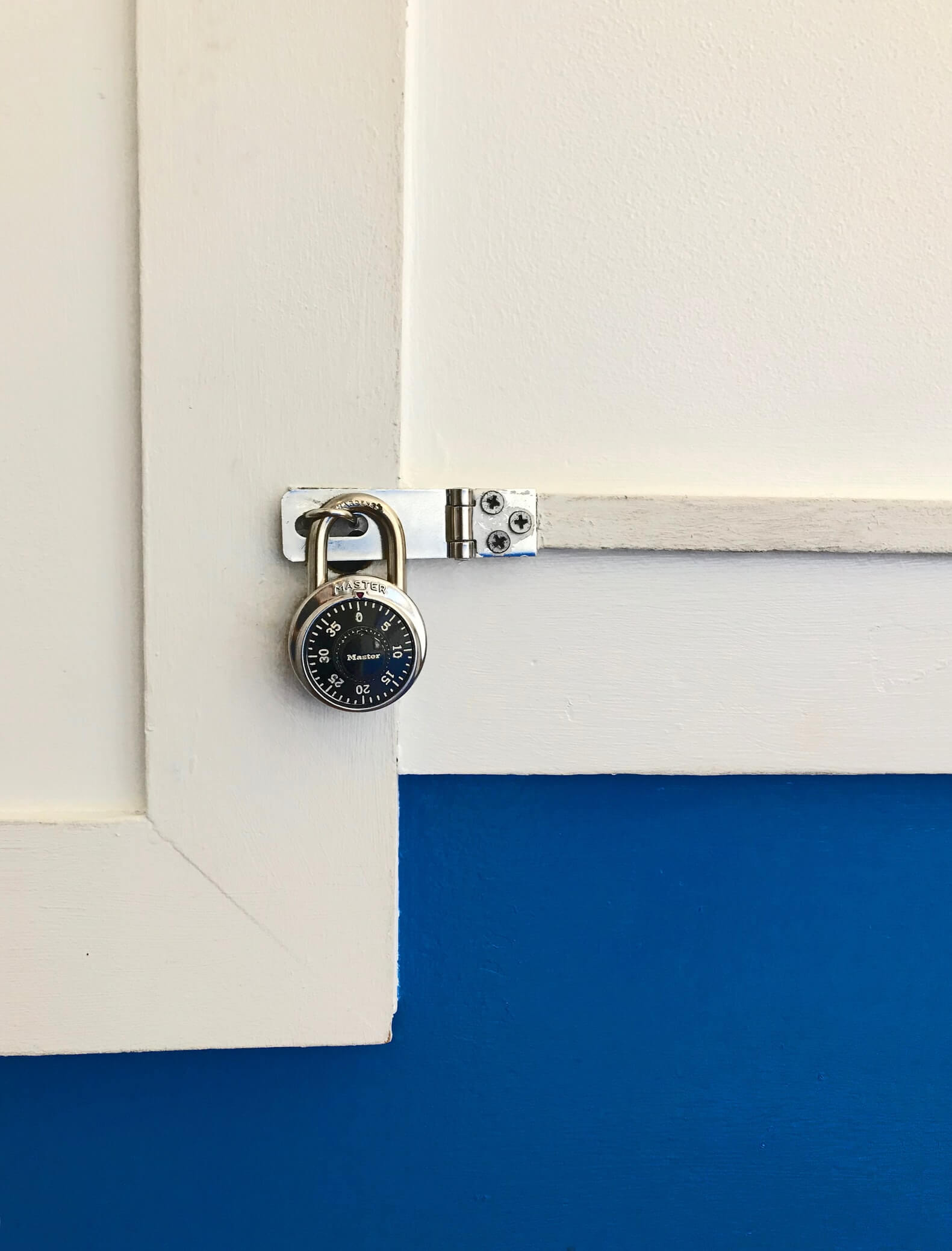Copyright ownership laws are laws that protect the intellectual property of creators who express their ideas in visual or audio form.
In the case of software products, there are little explicit copyright laws, even in the US, where copyright laws are thoroughly detailed out.
So determining the copyright owner of a software product’s code can be rather complicated.
At the same time, the outsourcing market is growing day by day. 2020 research by Technavio indicates that the outsourcing market has the potential to grow by USD 98 billion during 2020-2024 (despite its considerable failure rates).
Consequently, many organizations are outsourcing (or offshoring) their software products partially or entirely, and more problems are arising in terms of copyright ownership.
If you’re planning on entering the outsourcing’s booming market, you must know how the law works so you can avoid possible financial and reputational losses.
Overall, if you want to avoid any possible complications regarding copyright ownership, you must compose a written contract, sign it, and have the other party sign it as well.
The contract is valid in every situation.
Things you must know about copyright ownership
What are the basic principles of copyright?
The ownership of copyright typically goes to the person who has created a work. The work has to be in a tangible form; meaning, it cannot be just an idea.
For instance, in the case of a software product, the code’s copyright ownership goes to the person who wrote it, but only after they finished writing it.
But the basic copyright rule is subject to several exceptions.
Two notable exceptions to this rule in the software world are the work-made-for-hire rule and the license or assignment clause in a contract.
Determining the owner of the copyright is slightly more complicated in these cases.
A work (in this case, code) is “made-for-hire” when:
- An employee writes it during their employment for a company
- An employer commissions it to use it as a compilation (in other words, a contribution to a collective work)
In either situation, the owner of the code is not its author anymore. But the person or the company that employs the author and commissions the work is its owner.
Copyright ownership can also be licensed or assigned; though, there has to be a written agreement in both instances.
The copyright owner can transfer their ownership to others and give it up (an assignment) or can share their rights with someone else without giving them up (a license).
All in all, every well-written contract contains a clause that either:
- Designates the work as made-for-hire
- Assigns the code to the client after it’s written
- Grants the client with a license to use the code upon its completion
How long does copyright last? Does copyright ever expire?
To put it briefly, yes! It expires.
But copyright laws vary from country to country; there’s no fixed international time on copyright ownership expiration.
In most places, the copyright ownership of an author lasts for their lifetime plus 50 or 70 years.
And unlike copyrights owned by an author, the clients own their commissioned work for 95 years from its publications or 120 years from its creation.
After the period of copyright protection expires, a work becomes available for use without its owner’s permission.
What are the rights of a copyright owner?
The copyright owner is the one who has the right to make money from a code.
The owner of a copyright has the right to reproduce a code, create “derivative works” based on it, distribute copies of it, and assign or license its copyright to others.
Which works are subject to copyright law?
The primary factor of works protected by copyright laws is their originality and fixation.
Originality is the aspect of a created work that makes it new or innovative, and therefore distinguishes it from reproductions and derivative works.
Fixation refers to a work’s medium of expression, which has to be tangible. For example, written work, like a novel.
Copyright laws protect literary, dramatic, musical, and artistic works, which somehow includes computer software as well.
Copyright ownership of outsourced software
Most outsourced works are made-for-hire whether there’s a written contract involved or not, but that’s not always the case.
On the one hand, there’s no such thing as an “international copyright law” that automatically protects a work throughout the world when you outsource your software product to an offshore company.
On the other hand, copyright laws vary in different countries. Some countries have no copyright protection for authors within their borders or foreign works at all, so identifying the actual owner of the copyright can be tricky, but all the more important.
When outsourcing a software product, especially with offshore companies, clients must compose a detailed contract that specifies the owner of the copyright to a written code.
Many problems arise without a written contract; one of the parties may even file a copyright infringement lawsuit. In this case, the court where the act of infringement occurred handles the issue under its jurisdiction.
Therefore, the contract determines the owner of the copyright; as we have already said, whatever the contract says is valid in most cases.
What does WinATalent do?
WinATalent is a freelance website with a network of vetted talents who are ready to help you develop your software product.
We offer various project estimates that include an outline of your final deliverable product based on your project’s scope, timeline, and budget.
We will also give you all the information you need about your software’s copyright ownership, signing an NDA, and everything you need to include in your contract.
